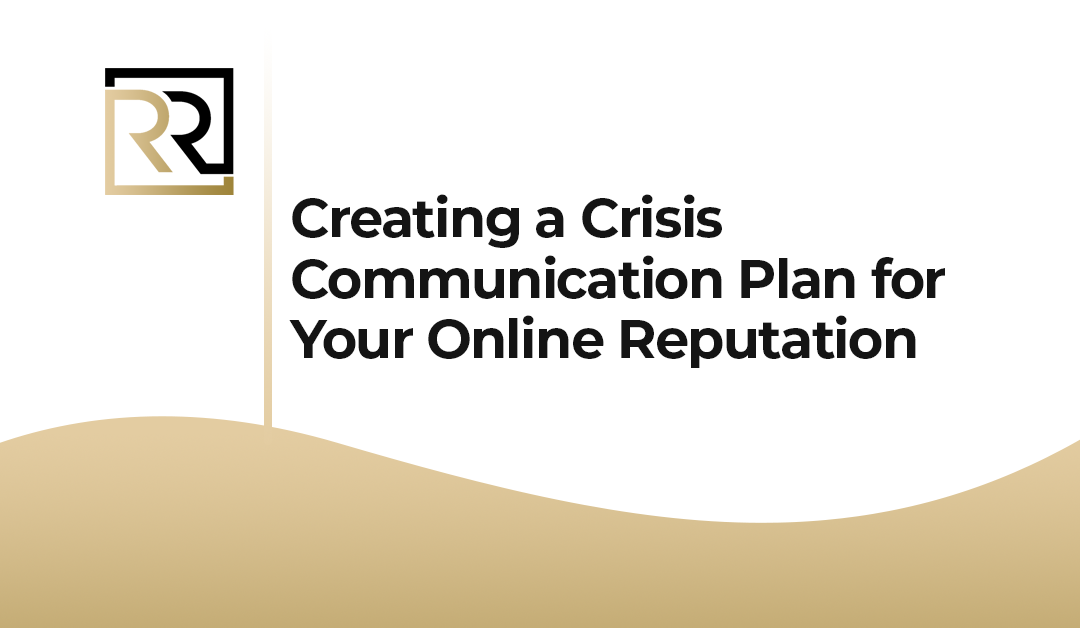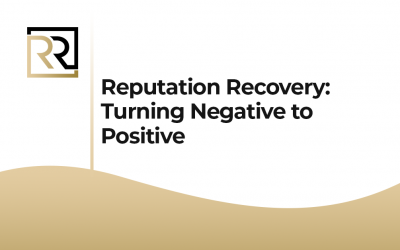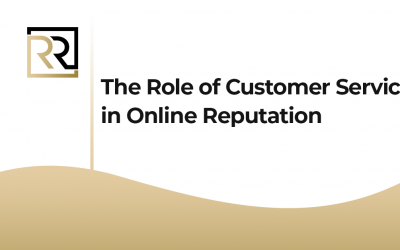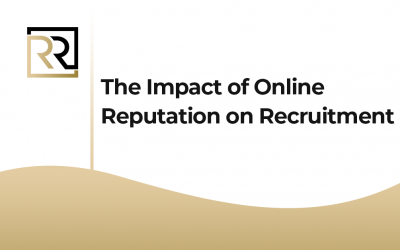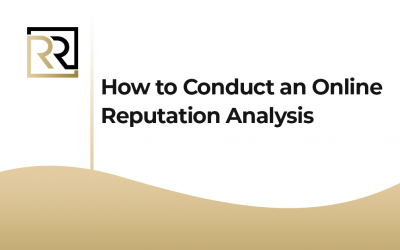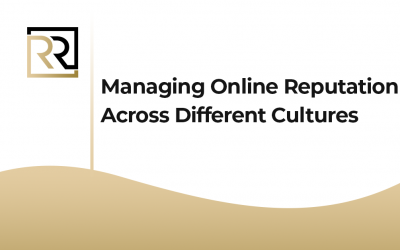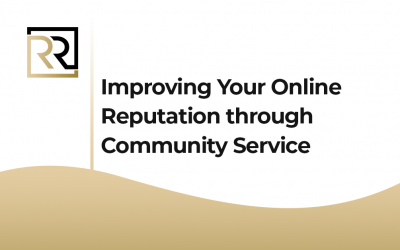The Importance of a Crisis Communication Plan for Safeguarding Your Online Reputation
Creating a crisis communication plan is not just a precautionary measure; it’s a strategic imperative for businesses and individuals navigating the intricacies of the online realm. So, this article explores the significance of having a crisis communication plan in place, offering insights into the key elements that can shield your online reputation during turbulent times.
Crisis Communication Plan
1. Anticipating Potential Crises
The first step in crafting an effective crisis communication plan is to anticipate potential crises. Identify scenarios that could adversely impact your online reputation, ranging from negative reviews and social media backlash to data breaches or public relations missteps. Because of proactively identifying potential crises, you can tailor your communication strategies to address each specific challenge.
2. Establishing a Crisis Response Team
Secondly, a well-prepared crisis response team is the backbone of any crisis communication plan. Therefore, designate key individuals within your organization or, if you’re an individual, identify trusted advisors or partners who can form your crisis response team. Besides, clearly outline roles and responsibilities, ensuring that each team member understands their specific duties during a crisis. This team should be ready to act swiftly and decisively.
3. Creating Clear Communication Protocols
During a crisis, effective communication is paramount. Thus, develop clear communication protocols that outline how information will be disseminated internally and externally. Establish channels for communicating with your team, stakeholders, customers, and the public. Also, clarity and consistency in communication help build trust and demonstrate control over the situation, even in the midst of a crisis.
4. Monitoring and Early Detection
Further, real-time monitoring is crucial for early detection of potential crises. Utilize social media monitoring tools, online analytics, and other relevant platforms to stay vigilant. What’s more, early detection allows your crisis response team to spring into action promptly, mitigating the impact and controlling the narrative before it escalates.
5. Drafting Pre-Approved Messaging
In the heat of a crisis, time is of the essence. To expedite communication, draft pre-approved messaging that can be tailored to specific situations. What’s more, having a set of carefully crafted statements, apologies, or responses ready in advance, enables your team to respond promptly, ensuring that your messaging is consistent, accurate, and aligns with your values.
6. Open and Transparent Communication
Transparency is the bedrock of effective crisis communication. Therefore, be open about the situation, acknowledge any mistakes, and provide clear information on the steps being taken to address the crisis. Open communication fosters trust, demonstrating your commitment to resolving issues and keeping stakeholders informed throughout the process.
7. Utilizing Multiple Communication Channels
Diversify your communication channels to reach a wider audience during a crisis. Beyond social media, leverage email newsletters, press releases, and your website to disseminate information. Different audiences may prefer different channels, so using a multi-faceted approach ensures that your message reaches as many stakeholders as possible.
8. Training and Simulations
Effective crisis communication requires practice. Therefore, conduct training sessions and simulations to ensure that your crisis response team is well-versed in the protocols and procedures outlined in the crisis communication plan. Ultimately, simulations allow team members to experience the pressure of real-time decision-making, preparing them for swift and effective action during an actual crisis.
9. Post-Crisis Evaluation and Learning
Also, after a crisis has been resolved, conduct a thorough evaluation to assess the effectiveness of your crisis communication plan. Thus, identify strengths, weaknesses, and areas for improvement. What’s more, learning from each crisis is essential for refining your communication strategies and enhancing the overall resilience of your online reputation.
10. Staying Proactive in Reputation Building
Thus, while a crisis communication plan is crucial for reactive measures, proactive reputation building is equally important. Continuously invest in positive online reputation management practices, such as engaging with your audience, delivering quality products or services, and showcasing your commitment to ethical business practices. Besides, a strong foundation of positive reputation can serve as a protective shield during challenging times.
11. Legal Considerations
Further, integrate legal considerations into your crisis communication plan. Consult with legal experts to understand the potential legal implications of different crisis scenarios. Thus, ensure that your messaging adheres to legal guidelines, protecting your organization or personal brand from legal repercussions.
12. Implementing Continuous Improvement
Lastly, a crisis communication plan is not static; it should evolve with the changing digital landscape and potential risks. Therefore, implement a continuous improvement process, regularly reviewing and updating your crisis communication plan to address emerging threats and incorporate lessons learned from previous crises.
Conclusion: Crisis Communication Plan
In the unpredictable world of online interactions, having a well-crafted crisis communication plan is akin to having a shield to protect your reputation. Anticipating potential crises, establishing a crisis response team, creating clear communication protocols, monitoring for early detection, drafting pre-approved messaging, embracing open and transparent communication, utilizing multiple communication channels, conducting training and simulations, evaluating and learning from post-crisis experiences, staying proactive in reputation building, considering legal implications, and implementing continuous improvement, are all integral components of a robust crisis communication plan. Therefore, by embracing these elements, businesses and individuals can navigate the challenges of the digital realm with resilience and confidence, ensuring that their online reputation remains steadfast even in the face of adversity.


